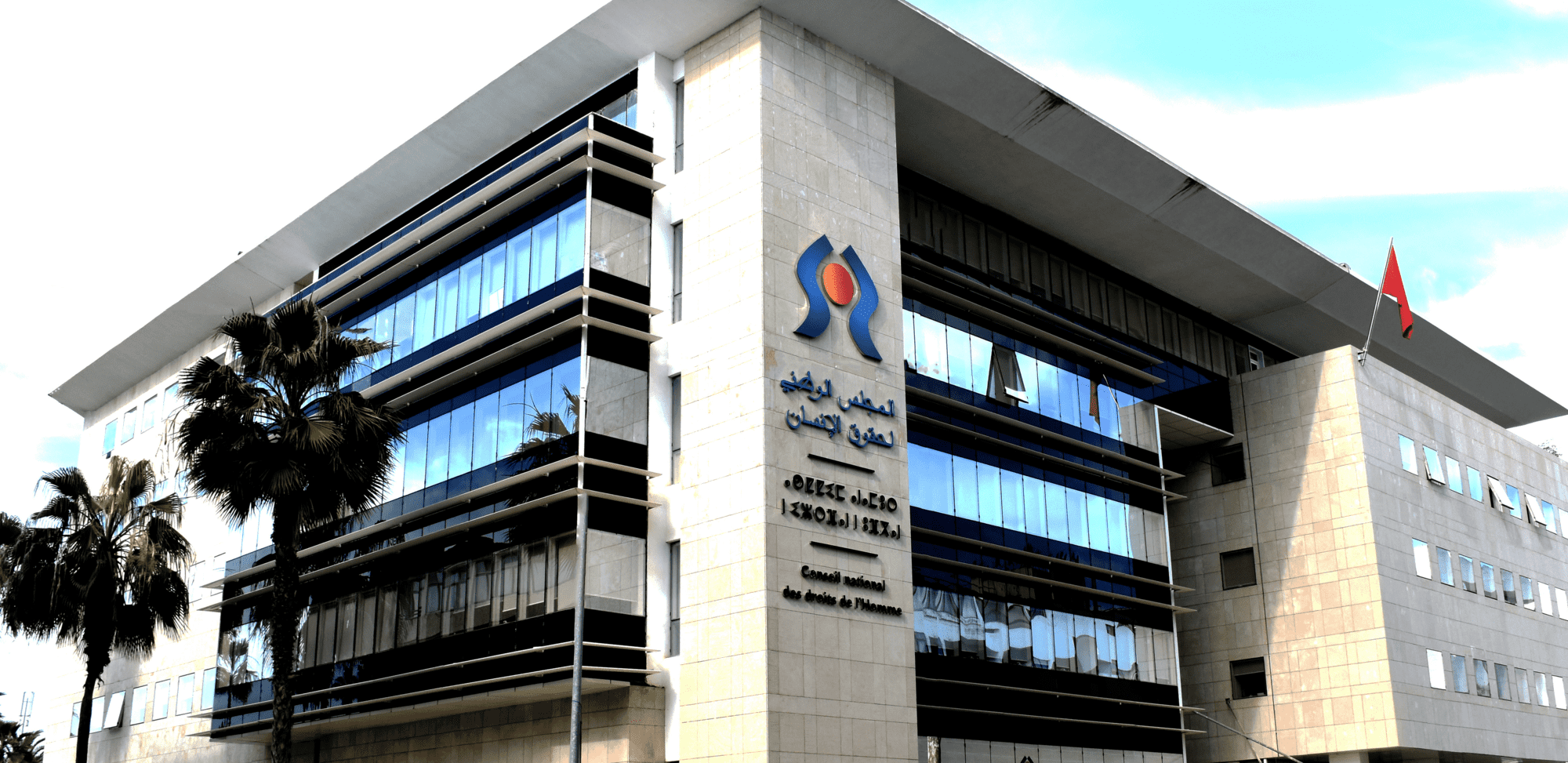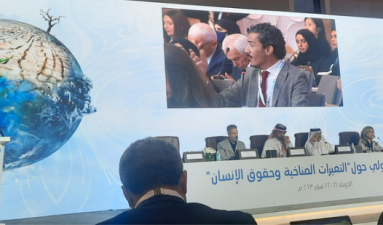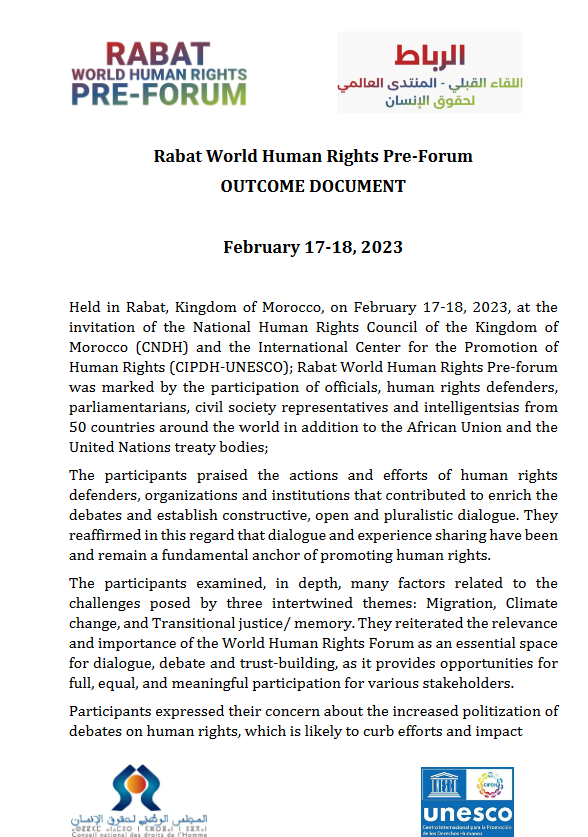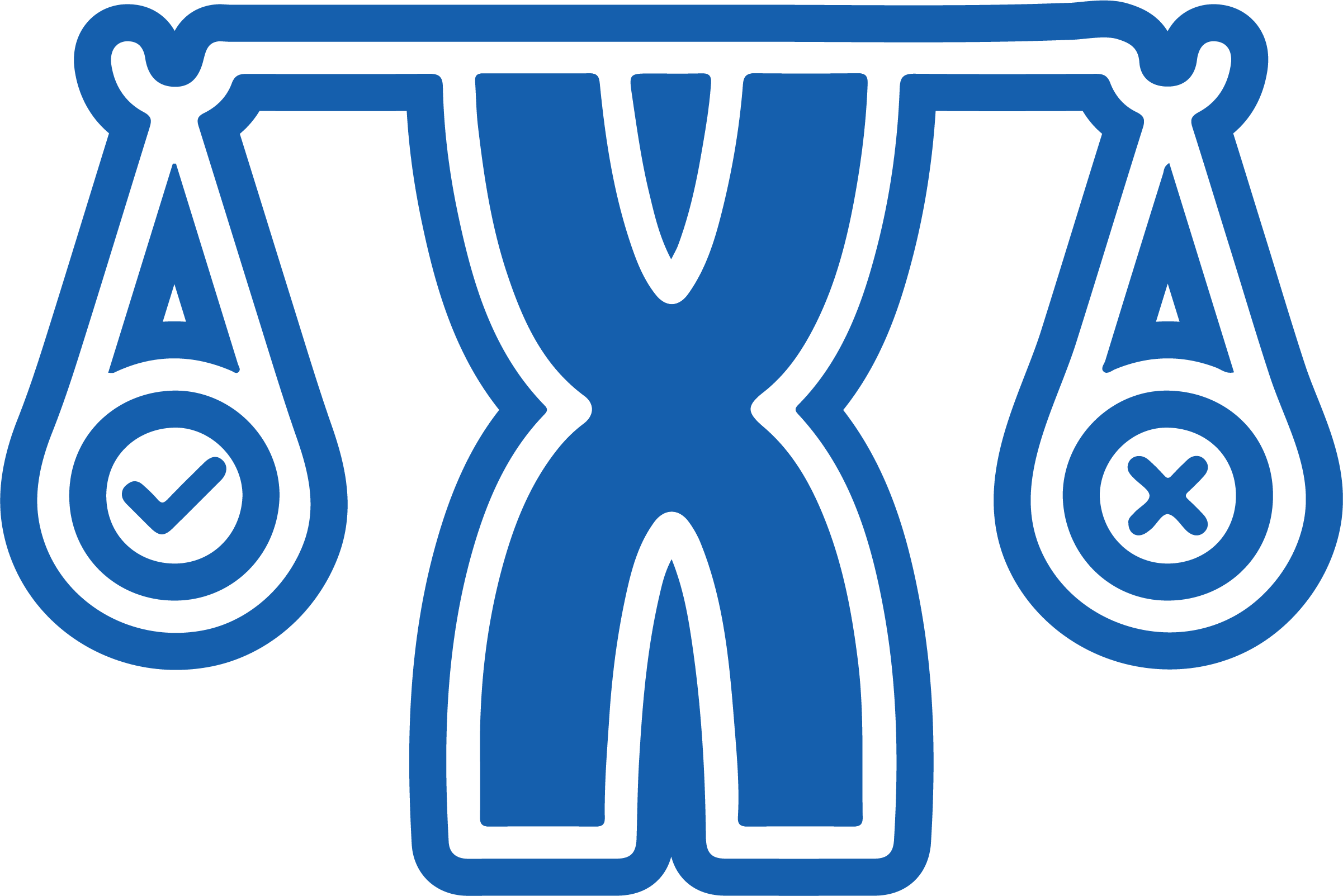The right to a clean and sustainable environment is safeguarded by various international instruments and conventions, including the Stockholm Declaration on the Human Environment, the Rio Convention on Biodiversity, Climate Change and Desertification, the United Nations Framework Convention on Climate Change (UNFCCC) and the Paris Agreement on Climate Change.
At the national level, Morocco has enacted several laws, including Law No. 49-17 adopted in July 2020 on environmental assessment, Law No. 36-15 on water published in 2016, Law No. 81-12 of 2015 regarding the coast, Law No. 11-03 of 2003 concerning the protection and promotion of the environment, and Law No. 99-12 on the National Charter for the Environment and Sustainable Development of 2014.
Recognizing the profound impact of climate change on fundamental human rights, including the rights to life, development, food, water, housing and education, the National Human Rights Council (CNDH) has prioritized the right to the environment and sustainable development as a core focus. The CNDH plays a crucial role by monitoring and addressing complaints, enhancing capacities and providing targeted recommendations to relevant official bodies.
In 2022, CNDH published a memorandum on the right to water, addressing the pressing issue of the declining national water reserve.
The memorandum provides recommendations to institutions, relevant parties and the public on mitigating water stress, improving access to water-related rights, enhancing water resource management and securing these rights for future generations. The CNDH also emphasizes the strategic importance of investing in scientific research to bolster Morocco's capabilities in water resource management.
The CNDH participated in the 27th Conference of the Parties in Sharm El-Sheikh, Egypt, where it contributed to drafting an open letter by the Global Alliance of National Human Rights Institutions (GANHRI). This letter was addressed to states parties of the UNFCCC and the Paris Agreement, aiming to reinforce climate action in alignment with their human rights obligations.
As part of its ongoing advocacy for the realization of the right to a clean environment, CNDH underscores, in its annual reports, the need to develop a comprehensive legal framework encompassing all laws related to environmental protection. This development should follow a consultative and participatory approach involving various stakeholders, including institutions and civil society organizations engaged in human rights. The CNDH also calls for coordinating efforts among different actors to develop effective environmental policies and programs, specifically targeting the protection of national natural resources mainly from drought, climate change and depletion.
Furthermore, the CNDH advocates for the implementation of the roles of national advisory institutions such as the Supreme Council for Water and Climate and the National Council for the Environment. It calls for reviewing the legal requirements regulating these institutions to advance their competencies and strengthening their positions within the national structure.
























